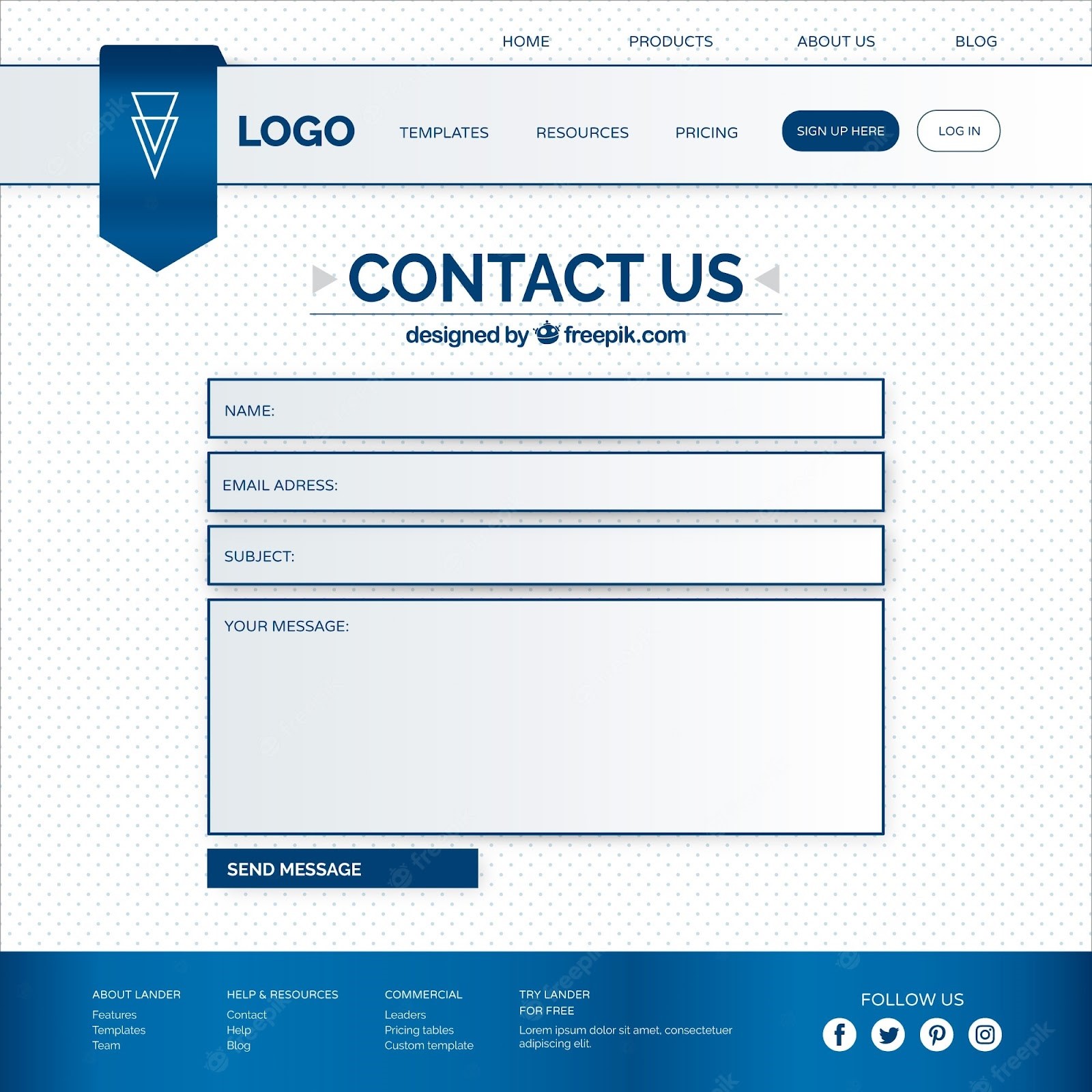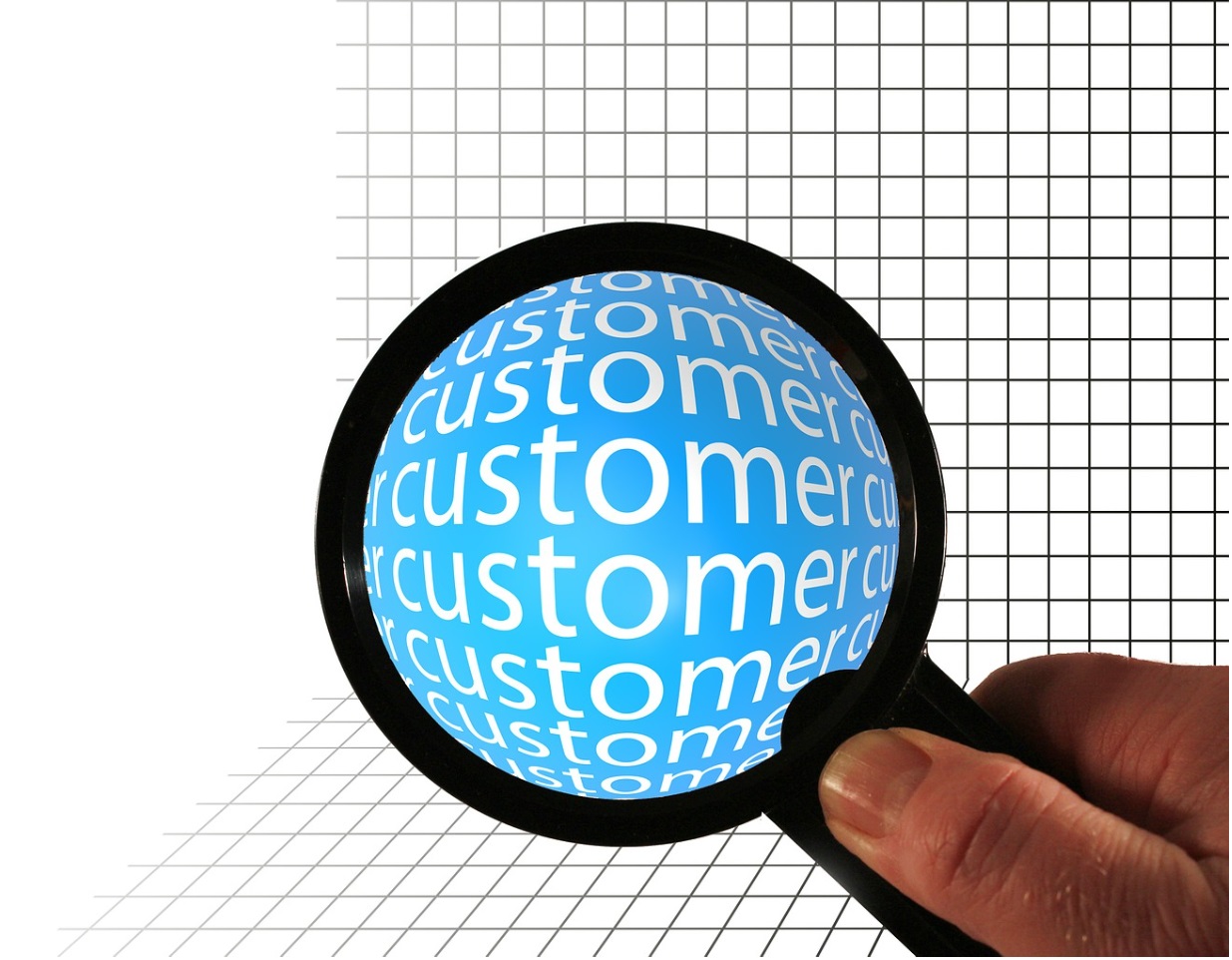In the digital age, marketing has become increasingly competitive. With so many businesses vying for the attention of the same target audience, it’s essential to have a clear understanding of who your ideal customers are. This is where Buyer Profiles come in. By creating Buyer Profiles, businesses can transform their marketing strategies and better tailor their efforts to attract and retain customers. In this article, we’ll explore the power of personas and how they can improve your marketing strategy.
Introduction to Buyer Profiles
Before diving into the specifics of buyer personas , it’s essential to understand the broader concept of buyer personas. A buyer profile is a generalized representation of your ideal customer. It typically includes demographic information such as age, gender, and location, as well as psychographic information such as interests, values, and behaviors. A buyer profile is a useful starting point for understanding your target audience, but it doesn’t provide the same depth of insight as a buyer persona .
What is a buyer persona?
A buyer persona is a fictional representation of your ideal customer, based on data collected from real customers and prospects. Unlike a buyer profile, a buyer persona goes beyond basic demographics and psychographics to include details like personal goals, pain points, and buying habits. By developing detailed buyer personas, businesses can better understand their customers’ needs and motivations, which allows them to create more targeted and effective marketing strategies.
How to define your marketing persona in 4 steps?
Defining your marketing persona is a multi-step process. Here are four steps to get you started:
Step 1: Collect data
The first step in building a buyer persona is to gather data about your existing customers and prospects. This can be done through surveys, interviews and website analysis. The goal is to gather as much information as possible about the demographic, psychographic, and behavioral characteristics of your target audience.
Step 2: Identify trends
Once the data is collected, it’s time to identify patterns and similarities between your customers and prospects. Look for commonalities between demographics, interests, and behaviors. This will help you create a more accurate representation of your ideal client.
Step 3: Create your Persona
Using the data and patterns you’ve identified, create a fictional representation of your ideal customer. Give it a name, age and function. Include details about her personal goals, challenges, and shopping habits. The more detailed your persona , the better.
Step 4: Refine and Perfect
Building a buyer persona is an iterative process. As you collect data and feedback, refine your persona to make sure it represents your target audience.
The benefits of building buyer personas
Creating buyer personas can have several benefits for your business. Here are some of the most important:
1. Better targeting
By understanding your customers’ needs, pain points, and motivations, you can tailor your marketing efforts to better target them. This can lead to more effective campaigns and a better return on investment.
2. Improved messages
Knowing the language and communication style of your target audience can help you craft messages that resonate with them. This can lead to increased engagement and conversions.
3. Increased customer satisfaction
By understanding your customers’ needs and preferences, you can provide them with a better experience. This can lead to greater customer satisfaction and loyalty.
4. Better product development
By understanding your customers’ pain points and challenges, you can develop products and services that better meet their needs. This can lead to greater customer satisfaction and competitive advantage.
How to get data to create a Persona
To create an effective buyer persona, you need to collect data about your target audience. Here are some ways to get data:
1. Investigations
Surveys are a great way to gather data about your target audience. You can use online survey tools to send surveys to your existing customers and prospects.
2. Interviews
Interviews are a more in-depth way to gather data about your target audience. You can conduct interviews with existing customers and prospects to better understand their needs and motivations.
3. Website analysis
Website analytics tools such as Google Analytics can provide valuable data about your website visitors. You can use this data to better understand the demographics, behaviors and interests of your target audience.
4. Social media analysis
Social media analytics tools like Facebook Insights and Twitter Analytics can provide valuable data about who follows you on social media. You can use this data to better understand the interests and behaviors of your target audience.
How to create effective Buyer Personas?
Creating effective buyer personas involves two key steps: research and data analysis. Here’s how:
Conduct research for buyer profiles
To conduct buyer persona research, you can use the methods discussed earlier, such as surveys and interviews. Here are some additional tips:
- Use open-ended questions to gather more detailed information
- Ask questions about personal goals, pain points, and decision-making processes.
- Talk to both current customers and prospects to get the full picture of your target audience.
Analyze data for Buyer Personas
Once you’ve collected the data, it’s time to analyze it to create effective buyer personas. Here are a few tips :
- Look for patterns and commonalities between your customers and prospects
- Group similar data points together to create categories.
- Use tools like Excel or Google Sheets to organize and analyze your data.
Using Buyer Personas in Marketing Strategy
Once you’ve created buyer profiles, it’s time to use them in your marketing strategy. Here are some ways to do it:
Personalize Marketing Efforts Using Buyer Profiles
Use your buyer personas to personalize your marketing efforts to better target your ideal customers. Here are some ideas:
- Create targeted content that addresses your persona’s pain points and interests.
- Use language and communication styles that match your persona.
- Choose marketing channels that your persona is likely to use.
Common mistakes to avoid when creating buyer personas
When creating buyer personas, there are several common mistakes to avoid. Here are some of the most important:
- Rely on assumptions rather than data
- Create too many personas
- Focusing too much on demographics and not enough on behaviors and motivations
- Not updating personas regularly
Examples of Successful Marketing Campaigns Using Buyer Personas
Several companies have used buyer personas to create successful marketing campaigns. Here are some examples:
- HubSpot has created several buyer personas that have allowed it to increase its blog traffic by 2 million visits per month.
- Airbnb used buyer personas to create targeted email campaigns that increased bookings by 300%.
- Coca-Cola used buyer personas to create a personalized marketing campaign that increased sales by 7%.
Conclusion: Unleash the power of buyer personas
Building buyer personas can transform your marketing strategy, helping you better target your ideal customers and create more effective campaigns. By conducting research, analyzing data, and using your personas in your marketing efforts, you can gain a competitive edge and increase customer satisfaction. Avoid common mistakes and learn from successful campaigns to unleash the power of buyer profiles in your business.
Do you want to create effective buyer personas for your business? Contact us today to find out how we can help transform your marketing strategy.
What is a persona in marketing?
How to create a persona for your business?
Why is it important to understand your marketing personas?
How to use personas in your marketing strategy?
How do you know if you have created an effective persona?
How do you update your marketing personas?











